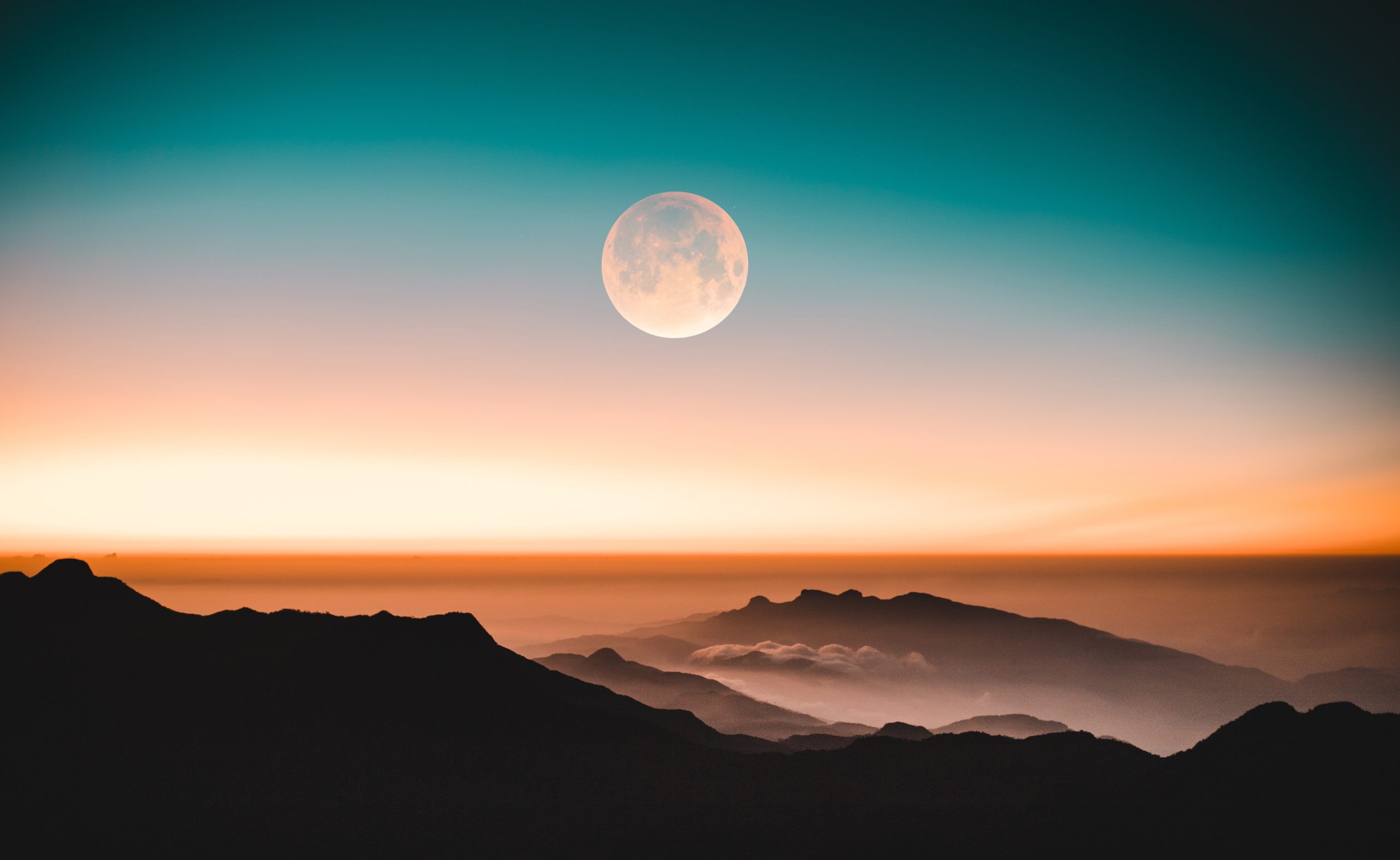Are Menstrual Cycles Linked to the Moon?
For centuries, humans have been captivated by the mysteries and wonders of the natural world. One such phenomenon that has fascinated people all over the world is the moon. Its ever-changing shape and radiant presence have sparked numerous beliefs and myths. One particular belief that has persisted throughout history is the notion that menstrual cycles are somehow connected to the phases of the moon. In this article, we will explore the scientific and cultural aspects of this intriguing topic.
The Moon and Menstruation
Many cultures, including indigenous tribes and ancient civilizations, have associated the menstrual cycle with the moon. The belief stems from the similarity in the lengths of the lunar cycle (approximately 29.5 days) and the menstrual cycle (typically ranging from 28 to 32 days). This synchrony has led some to propose a causal relationship between the two.
Some proponents of this theory argue that, just as the moon influences the tides, it also exerts a gravitational pull on the human body, causing menstrual cycles to align with lunar phases. However, while the moon’s gravitational forces do affect Earth, there is currently no scientific evidence to support the claim that it directly influences human menstruation.
The Scientific Perspective
To understand the relationship between the moon and menstrual cycles, it is crucial to examine the current scientific knowledge on menstruation. Menstruation is a complex physiological process regulated by hormones, primarily estrogen and progesterone. The menstrual cycle involves the shedding of the uterine lining in the absence of fertilization, with subsequent growth and maturation of new tissue.
While the average menstrual cycle is around 28 days, variations are common, and cycles can vary significantly among individuals. Factors such as stress, diet, hormonal imbalances, and various medical conditions can influence the regularity and duration of menstrual cycles.
Several scientific studies have been conducted to investigate the potential relationship between lunar cycles and menstruation. However, the results have largely been inconclusive. A comprehensive review of these studies published in the journal “Current Biology” in 2020 concluded that there is no scientific evidence to support the idea that menstrual cycles are influenced by lunar phases.
The Cultural Significance
Despite the lack of scientific evidence, the belief in a connection between the moon and menstruation remains prevalent in various cultures. In many indigenous traditions, women have long been viewed as being intimately linked to the natural world, including celestial bodies like the moon. The association between the moon and menstruation often carries symbolic and spiritual meaning, representing fertility, renewal, and feminine power.
From ancient rituals to modern celebrations, lunar-based traditions surrounding menstruation exist in different forms globally. Some communities hold special ceremonies during the new moon or full moon to honor menstruating women and celebrate their connection to the lunar cycle. These cultural practices serve as a reminder of the deep-rooted beliefs and the significance of the moon’s symbolism in relation to menstruation.
The Power of Perception
While the scientific evidence dismisses the direct influence of the moon on menstrual cycles, the power of human perception and belief should not be underestimated. The human mind has a remarkable capacity to perceive patterns and connections, even where none truly exist. This psychological phenomenon, known as pareidolia, often leads to the creation of myths and beliefs that can persist for generations.
It is essential to recognize that our beliefs and cultural practices are an integral part of our collective identity. They shape our experiences and provide us with a sense of belonging. The association between the moon and menstruation might not be rooted in scientific fact, but it carries cultural and symbolic significance that resonates with many people.
In Conclusion
While the belief in a connection between menstrual cycles and the moon has ancient roots and cultural significance, scientific evidence does not support this claim. Menstruation is a complex biological process regulated by hormones and influenced by various factors such as stress and overall health. While the lunar cycle and menstrual cycle are similar in length, no direct causal relationship has been established. Nonetheless, the power of cultural beliefs and the human perception of patterns should not be dismissed, as they provide insight into the intricate tapestry of human experience and belief systems.
Table of Contents
